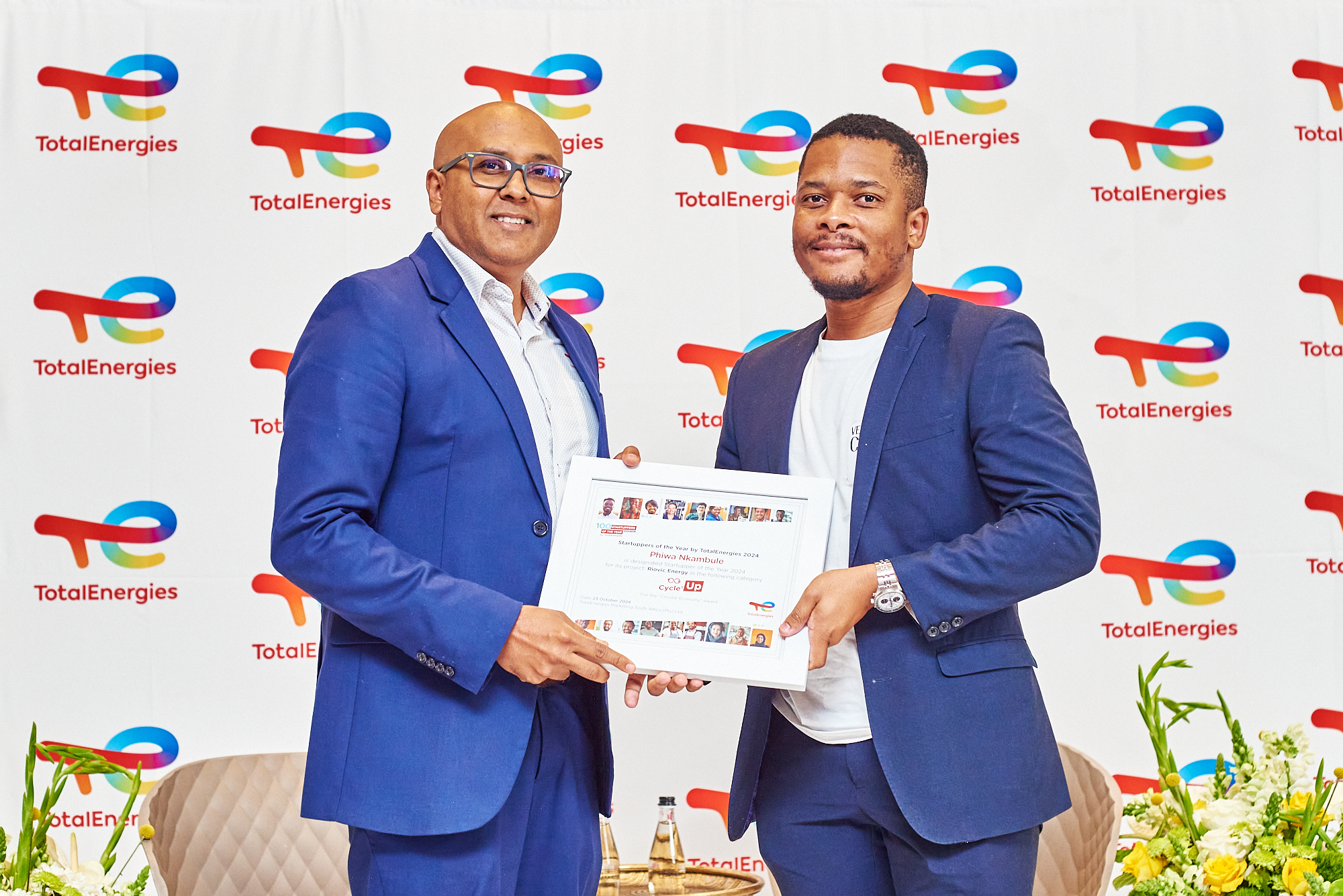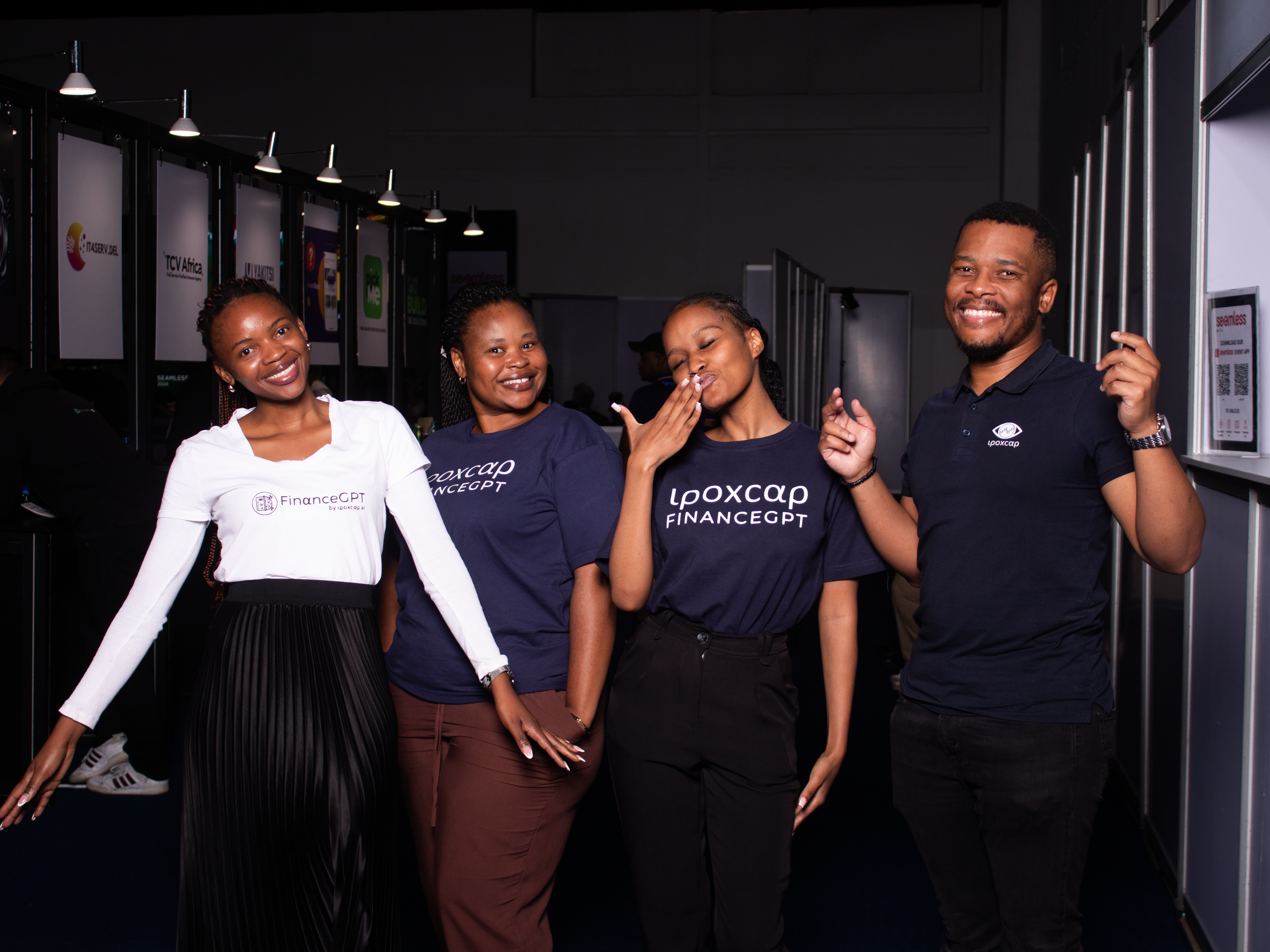In South Africa, insurance is often considered a luxury and many South Africans remain uninsured. For example, PwC estimates that 65% of the country’s vehicles are not insured.
Part of the challenge is the high cost of premiums that remain unaffordable to many. However, one start-up believes it has the solution.
Riovic has managed to lower insurance premiums between 40-60% through offering insurance backed by crowdfunding. Launched this year, it acts as a marketplace that connects those seeking insurance with investors who are willing to share the risk of a payout in exchange for returns in the form of premiums. It essentially turns insurance into an asset class for private investors, and allows them to step into the shoes of an insurance company.
Currently, Riovic is offering automobile, business and home insurance and anyone can apply – either to be insured or become an investor. Those seeking insurance can apply digitally via the Riovic app or website and a combination of data analytics and actuarial science determines the price of the policy.
Investors undergo a background check and need to have their ID and address verified. The platform is targeting both corporations and individuals (especially millennials) and suggests investors start with at least R1,000 (about US$70). The platform currently has around 130 private investors and 390 insurees.
The company has recently been named a South African finalist in the global Seedstars World start-up competition and is a nominee in the 2016 African FinTech Awards.
Changing an industry
The man behind Riovic is a 24-year-old entrepreneur Phiwa Nkambule. Born in Swaziland, he moved to South Africa in 2007 to complete high school and started software company Cybatar in 2014 while studying towards a bachelor of commerce in law. The idea behind Riovic came to him and his co-founder after learning how many South Africans were excluded from insurance due to high premiums.
“We consulted with friends in the industry to see how we can make it cheaper. A lot of people don’t take any kind of insurance in South Africa. Only about 20% of the population have health insurance because it is expensive, and 65% of the cars on the road are uninsured… So [it started with] thinking how we could make it more affordable for everyone,” he explained.
Riovic is currently being incubated by Rand Merchant Insurance’s new fintech hub, AlphaCode, and has access to the insurer’s resources and expertise.
“So we are working with experienced people.”
Nkambule added that his platform does not only allow more people to access insurance policies, but also enables investors to explore a new asset class that offers potentially much higher returns.
“Insurance can have very high returns and in a shorter space of time than most other investments that people put their money into. For example, in the insurance market Lloyd’s, the return on capital last year was 16.2%, which is uncommon in someone’s portfolio. So that’s pretty high.”
Fighting youth discrimination
According to Nkambule, one of the greatest challenges he faces is getting others to take him seriously as a young entrepreneur. However, he has been able to overcome this by employing qualified people who have years of experience and expertise.
“For example, our accountant is 35 now with about 12 years experience in finance working in banks and business/SME funding. So we have people with experience and we always make a point of showing that to people we talk to.”
However, he emphasises that it’s also important that others believe and trust in him. And one way of ensuring this is by knowing every aspect of his industry.
“One lesson that I have learnt is that you have to be confident. I didn’t know insurance when I got into this. I am not an actuary and I have never worked in insurance. But I took it upon myself to study it and understand it so that I know exactly what I am talking about.”




